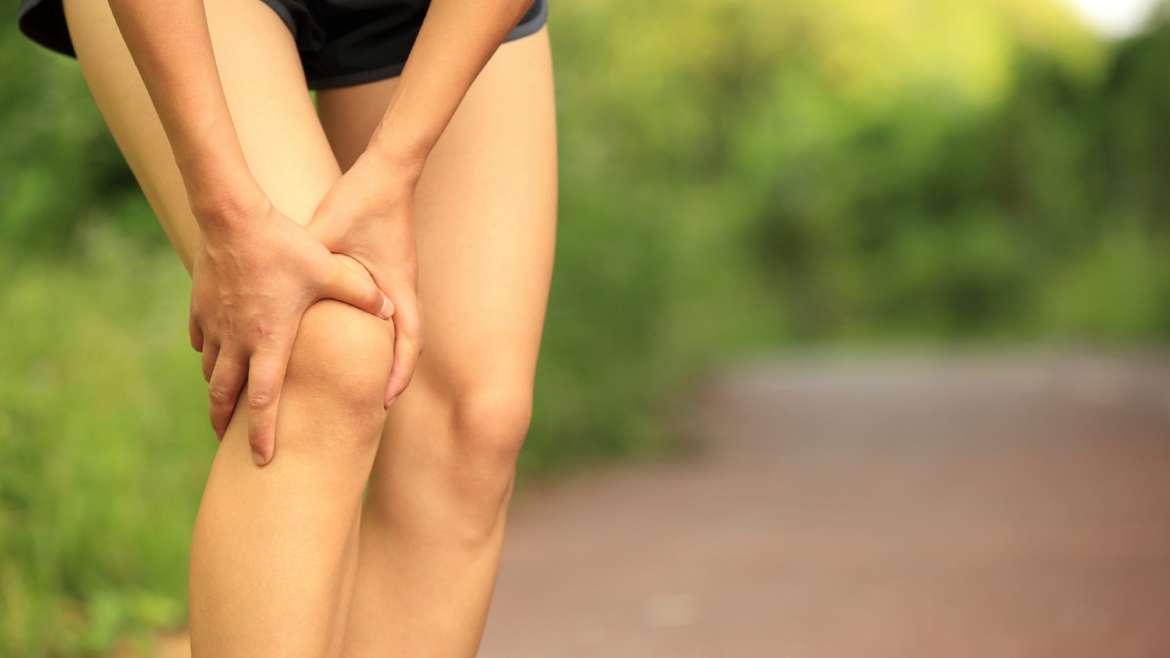Identifying the warning signs that a niggle is about to become something all-together more serious, can be the difference between stopping exercise altogether or seeking treatment that helps your niggle get better before it gets worse.

Injury indicators to look out for
1. Asymmetrical pain and symptoms: If your pain or symptoms are suffered on only one side, then this can indicate an injury is on its way. A good example would be general running soreness – where both legs may suffer from aching. This pain can be explained by both limbs having ran the same distance. Should pain switch to only one side then there may have been an injury sustained that could be masked by your training pain.
2. The duration of symptoms: Those who exercise will typically be accustomed to how long general aches, pains and niggles are suffered for. When these feel as though they’re lasting for longer than usual, you may want to consider whether there could be an underlying issue.
3. Impact on everyday activities: Regardless as to whether you believe your aches and pains to be a niggle or progressing onwards to an injury, if they are impacting on your everyday activities then you should seek a professional’s option. This is particularly important as the pain is your body’s way of warning you that the issue could be being exacerbated and made worse with each day that passes.
4. An alteration to the pattern of pain: If you notice you’re feeling pain in one area at different times or how the pain feels is changing then it’s worth stopping exercising for a bit. This can indicate that the injury you felt at first is getting worse.
5. Progressive pain: When pain is felt that is progressively getting worse then help should be sought. At the most basic level this is your body alerting you to an injury that is becoming more serious.
If you experience general aches and pains from your workouts then a sports massage could work well for you. Sports massage targets tight muscles, helps inactive muscles and improves the condition of your soft tissue. It also helps your body to recover when you’re well and is good if you have a niggle, as it can break down scar tissue.
If you’re in a significant amount of pain, and are thinking about stopping exercising for a while, then an appointment with an osteopath would suit you better.
An osteopath uses their hands to treat patients by moving, manipulating, stretching and massaging their muscles, limbs and joints. Osteopathy is more orthopedically specific and works on the basis that each person’s bones, muscles, ligaments and connective tissue must work smoothly together to achieve wellbeing.
If you’d like to make an appointment for a sports massage or osteopath consultation call us on 020 3689 8664. We’re based at the Royal Arsenal and are open seven days a week.



Add Comment